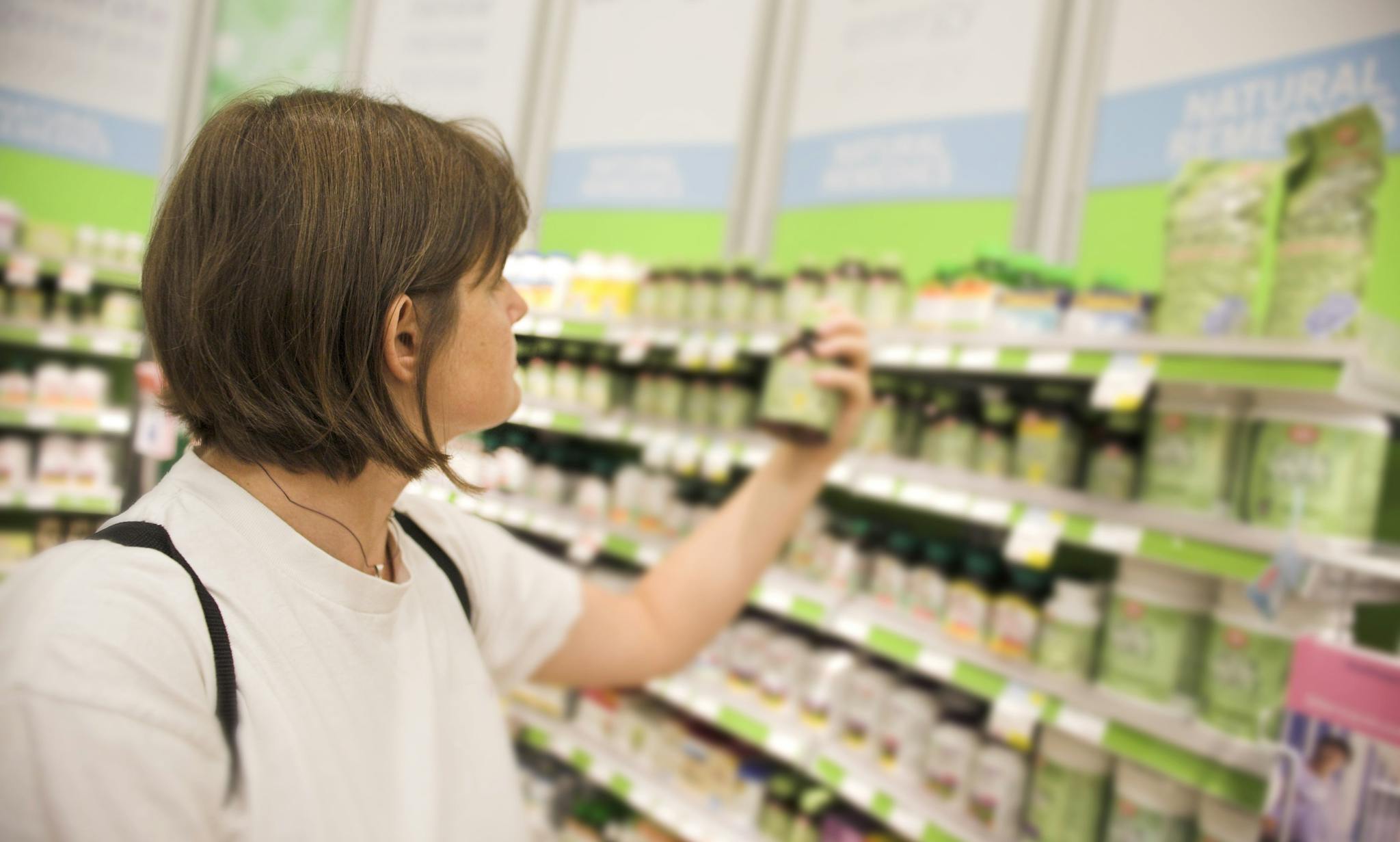
2024-10-09T14:26:27
The Benefits of Seeing a Certified Diabetes Care and Education Specialist
- Endocrinology
- Family Medicine
January 12, 2019 | Family Medicine • Internal Medicine • Pharmacy
Specialties:Pharmacy

Over-the-counter (OTC) drugs are non-prescription medicines, which means you can purchase them at a store or pharmacy without a prescription from your doctor. These drugs are safe and effective when you carefully follow the guidelines and instructions. However, they can be dangerous and harmful if you ignore this information. It is important to understand how to safely use over-the-counter medicine to keep yourself and your family safe.
According to the American Association of Poison Control Centers, over 10,000 children under the age of 18 have visited the emergency room due to errors in self-administering over-the-counter drugs. To ensure that you and your family are properly taking over the counter drugs safely, here are some guidelines you can follow:
Because each over-the-counter medicine is different, each one has different dosage instructions. It is safest to adhere to the medicine’s label when administering the drug to yourself or someone else. For additional help on how to read medicine labels, look at this graphic made by Scholastic.
Many people transfer medicine to other containers or bags for traveling or just for convenience. However, it is safest to keep the original container with the medicine to ensure that you are aware of which medicine you are taking as well as being aware of the dosage instructions, warnings and guidelines associated with it. Additionally, it is safest to take only medicine that you have purchased and broke the seal on.
Extensive research has been conducted with over-the-counter drugs to know the appropriate dosage for different people. Not adhering to the dosage suggested on the label can negatively affect symptoms and lead to worse side effects. You can find dosage instructions on the back of the medicine bottle or box. Doses often vary by age or weight.
Mixing drugs that have different active ingredients—these are usually listed first on the medication label—can also cause adverse (harmful) reactions and worsen symptoms. Only take one medicine at a time that has the same active ingredient, and talk to your doctor or pharmacist before taking two over-the-counter medications.
If young children are present in a household, it is safest to store medicine out of reach and sight. Doing so can reinforce proper medicine-taking behaviors, ensuring that children ask permission to take medicine when they need it.
“Over-the-Counter Medicine Safety.” American Association of Poison Control Centers.
https://www.aapcc.org/prevention/over-counter-medicine-safety
“Understanding Over-the-Counter Medications.” U.S. Food and Drug Administration.
“Over-the-Counter Medication Safety.” Scholastic.
http://www.scholastic.com/otcmedsafety/pdfs/DrugFactsPoster.pdf

WRITTEN BY:
The Live Better Team


2024-10-09T14:26:27

2024-09-19T11:59:35

2024-08-13T14:52:39

2024-04-22T15:01:37
This information is not intended to replace the advice of a medical professional. You should always consult your doctor before making decisions about your health.